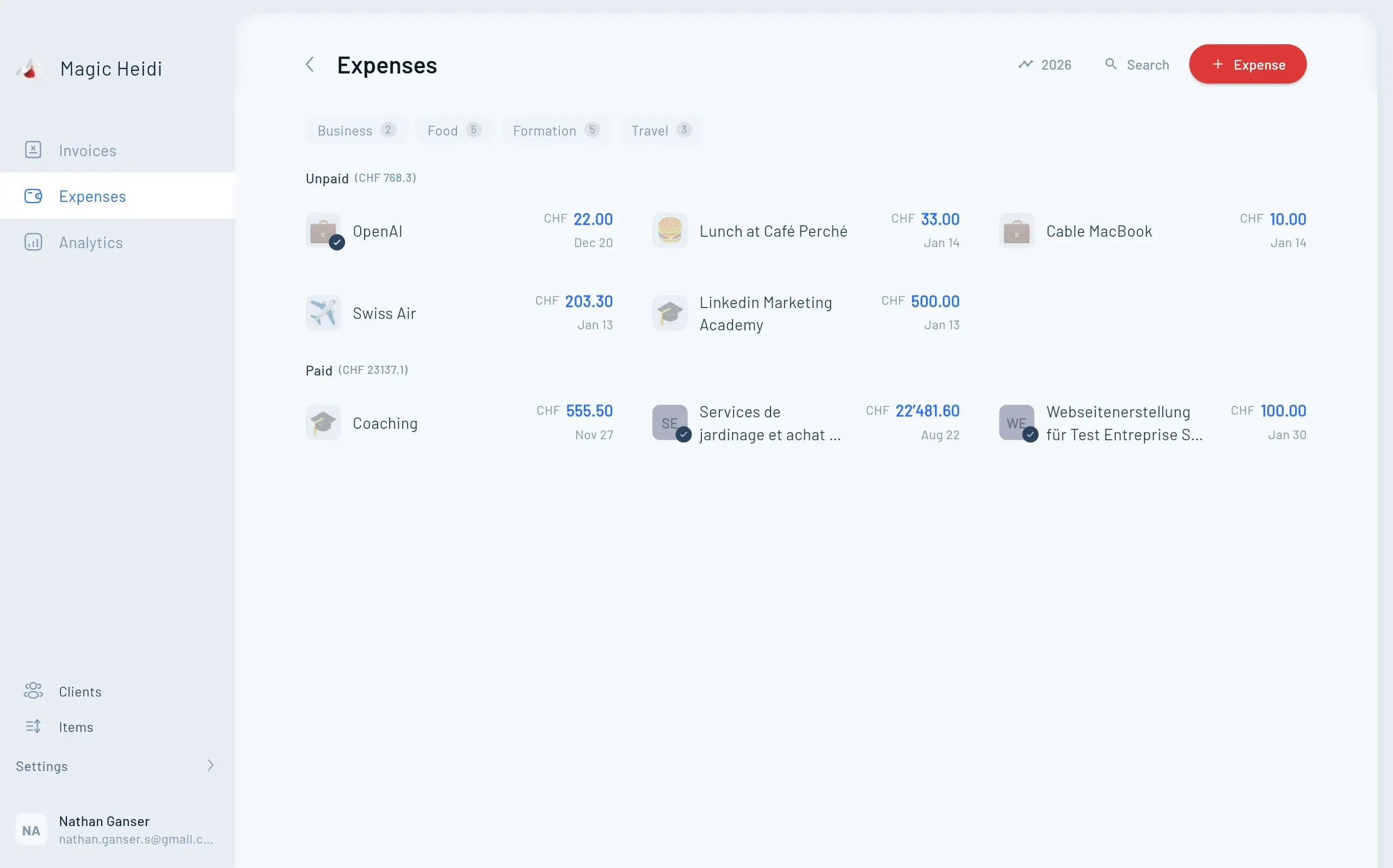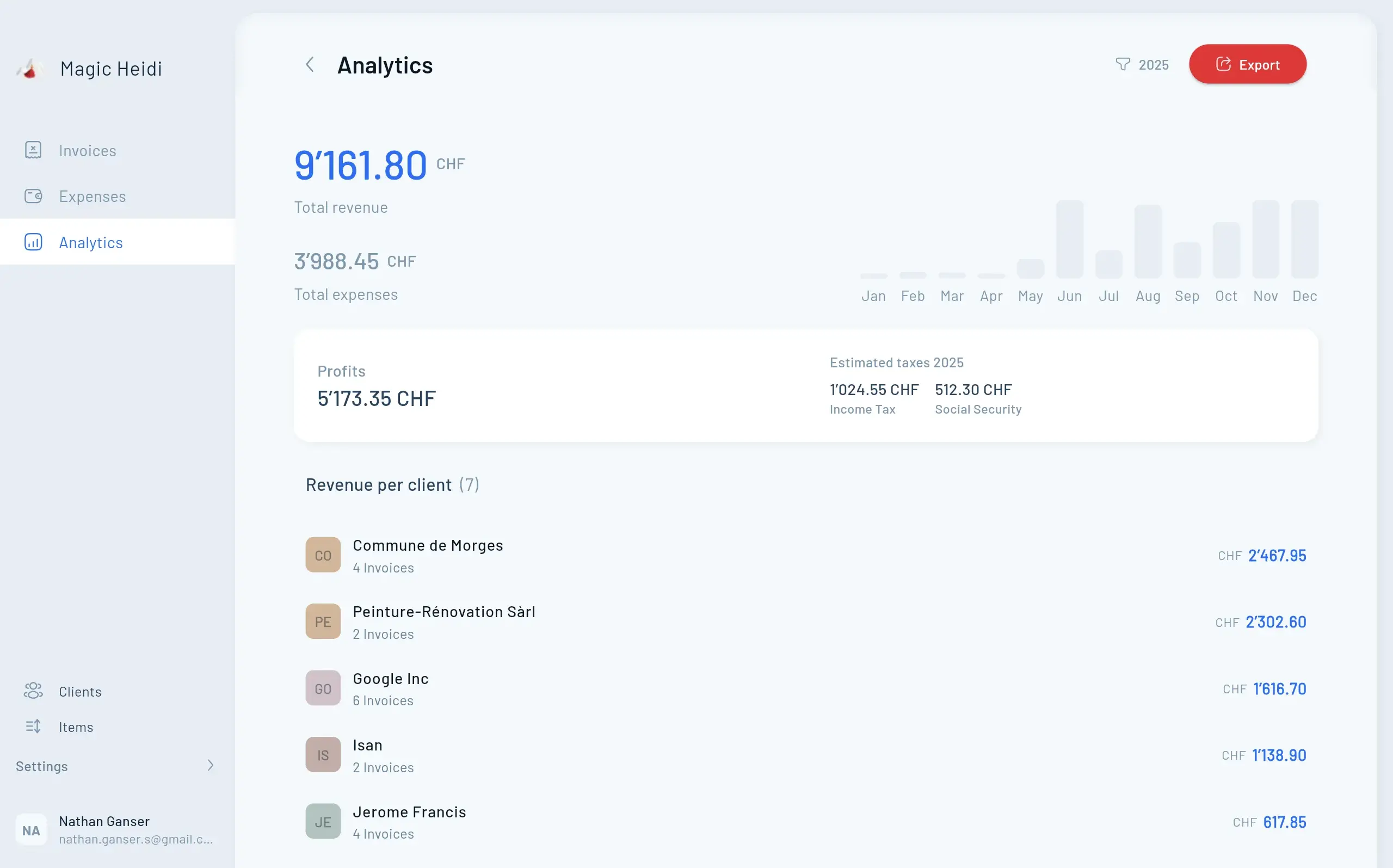Early Planning Phase
Set the foundation for a smooth move with these critical early tasks.
- Find housing in Geneva (rental market moves fast, budget 6-15% higher cost of living)
- Research schools if you have children (international schools fill up quickly)
- Give notice on your Zurich rental (typically 3 months for quarter-end dates)
- Request moving quotes from multiple companies (book early for peak dates)





